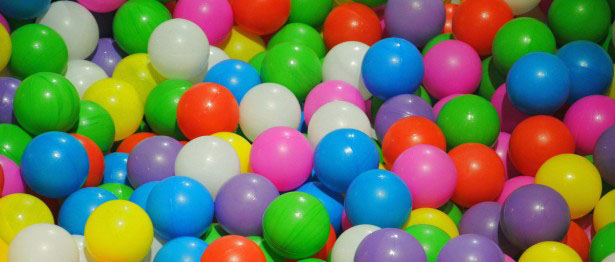FUN on a BUDGET!
How do we have fun on a budget? If you Google “Educational Games”, you will get 127,000,000 results in 0.51 seconds. Many tell you they can help with dyslexia or dyspraxia or are good for observation or hand/eye coordination or other aspects of development and they ‘make learning fun’. Wow. For a parent who may have about 0.51 seconds free to find something, how on earth do you check that lot out and how on earth do you CHOOSE?! Well, I hope this might give you a starting point.

There are three reasons why I might use a game when I am teaching:
- Teaching a particular skill – thinking, listening, organisation, observation…
- Increasing processing speed
- Entertaining the brain – as a distraction technique if things have got difficult; to engage them or for downtime after working hard
I don’t always use games according to the instructions, but adapt them to suit my purpose; so when I look at a game, I’m looking to see how versatile it can be and what it can help the children achieve and develop.
BLINK
For example: a card game like BLINK is fabulous for developing processing speed in older children (and a LOT of fun!), but it is also great for teaching little ones to sort; recognise number, shape or colour or for adding numbers, playing snap and more. Blink is one game that will ALWAYS be found in my bag and one that many parents purchase for themselves and often take on holiday!
DICE
Another thing I find very helpful is DICE. Big dice, small dice, 6/10/12 sided, eraser dice,…you name it, I’ve got it and they go everywhere, too! The shop Tiger – there can’t be one too far from you! – often sells really inexpensive, colourful packs of dice and at the moment I am hooked on the miniature ones – 100 dice in a tiny bottle, so cute!! Tip them out as a warm up, check there are 100, we play ‘first to 100’ throwing the dice and add them, we have a certain target number each and add, multiply, divide..lots of fun while telling the children how to improve mental maths skills. Again, these can be adapted for the full primary age range.
BALLS
Finally, BALLS. Colourful, textured, hard, soft, big, small – every parent needs some balls!! Again, Tiger shop comes up trumps with a range of inexpensive packs. Throw, catch, juggle, bounce, precision throw (to hit a target – could be a matchbox against the skirting board…). There is a lot of evidence to show how beneficial juggling is for brain development – look online to read about it. I actually include juggling as part of my initial assessment. It can show me how well coordinated a child is, how quick they are to learn and whether or not they can follow instructions. Juggling for 2 minutes before starting school is part of my 10 minute concentration program for children who lack focus.
NUBBLE
It is important to engage the children and let them know what one thing (at a time!) they can learn from the activity you are suggesting. I hope from this you can see that you don’t need to spend a fortune on educational games and that you can achieve a huge amount with very few resources. If you DO want to splash out, then one of my all-time favourite board games has to be NUBBLE – well worth checking out for mental maths skills and developing strategic thinking…..have fun!!





Leave a Reply